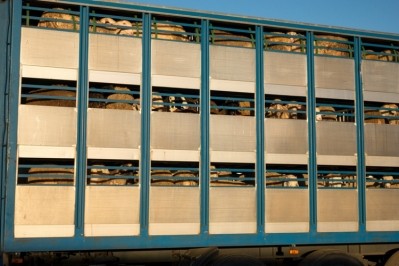ECJ advised non-stunned halal and kosher meat can be labelled organic

This formal opinion from Advocate General Nils Wahl argued that European Union (EU) organic production laws did not insist that animals be stunned before slaughter, only that their suffering be minimised.
Such opinions are important, because the ECJ’s full court usually adopts them in its final judgements.
The opinion followed an appeal brought by French association Œuvre d’Assistance aux bêtes d’abattoirs (OABA) which wants a ban in France on the words ‘organic farming’ being used in the advertising and marketing of certified halal minced beef patties from animals slaughtered without pre-stunning. This case was referred to the ECJ by the ‘Cour administrative d’appel de Versailles’ (Administrative Court of Appeal, Versailles, France).
Wahl considered whether such a ban was justified under European Union (EU) laws regulation (EC) no 834/2007 on organic production and labelling of organic products; regulation (EU) no 889/2008 laying down detailed rules for implementing this regulation; and regulation (EC) no 1099/2009 on the protection of animals at the time of killing.
In his opinion, Wahl said this legislation “says relatively little about the standards applicable to the slaughter of animals and does not prohibit slaughter without stunning, as it is only required that, during slaughter, any suffering is to be kept to a minimum”.
Indeed, the EU’s killing of animals law specifically allows ritual slaughter of animals without stunning, as long as measures are taken to prevent pain and minimise the distress and suffering of animals, he noted.
The organic production and labelling laws “impose no conditions in relation to stunning prior to killing… to benefit from the indication ‘organic farming’; therefore, they do not exclude the practice of ritual slaughter”, whose existence was of course known to the EU’s legislators when they passed these laws, he stressed.
So, the advocate general concluded that stating ritual slaughter is incompatible with organic farming would mean “adding a condition not provided for in the current rules”, which would “deny consumers of kosher or halal products the right to benefit from the guarantees provided by the ‘organic farming label’ in terms of quality and food safety”.
ECJ judgements apply to all current 28 member states of the EU, including the UK until it leaves the bloc next March.


























